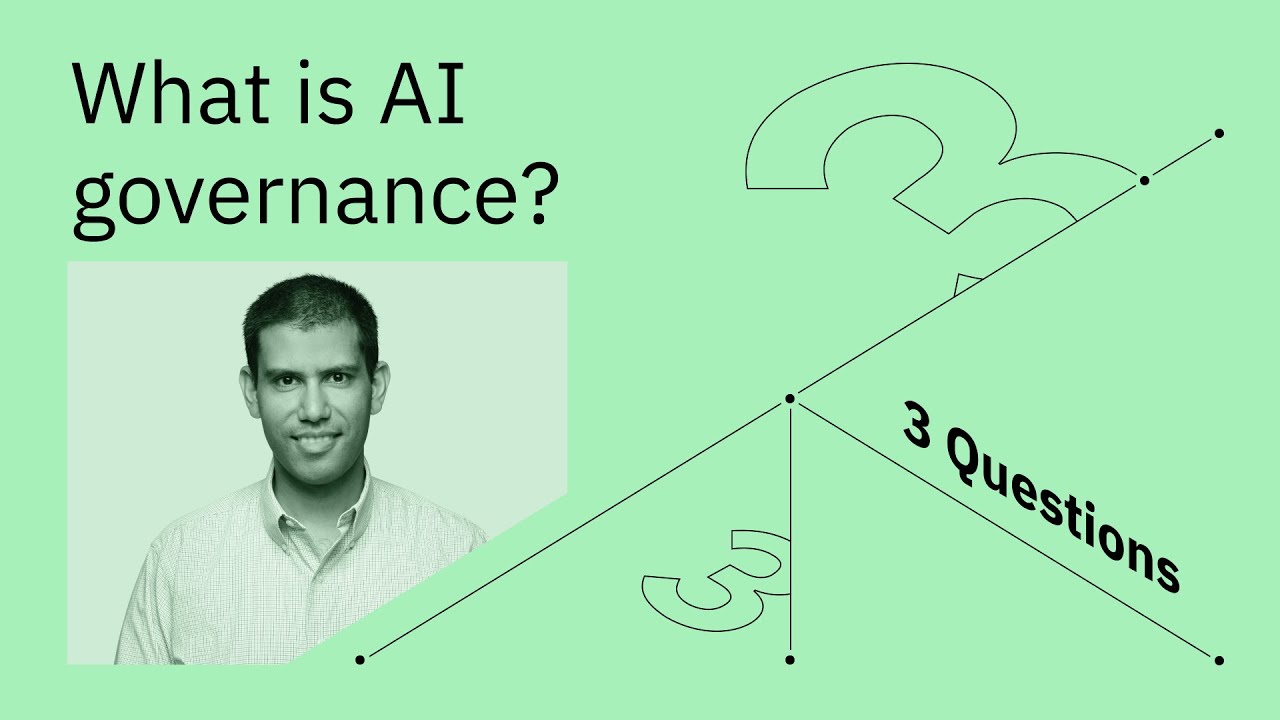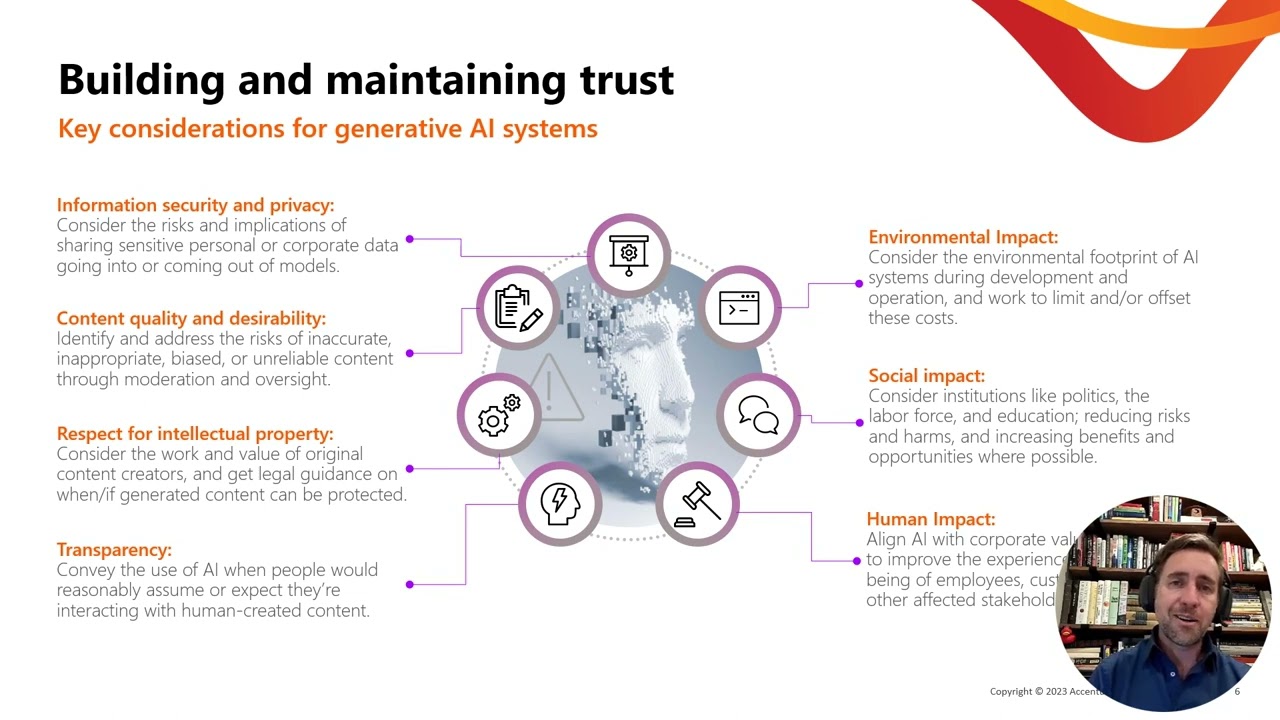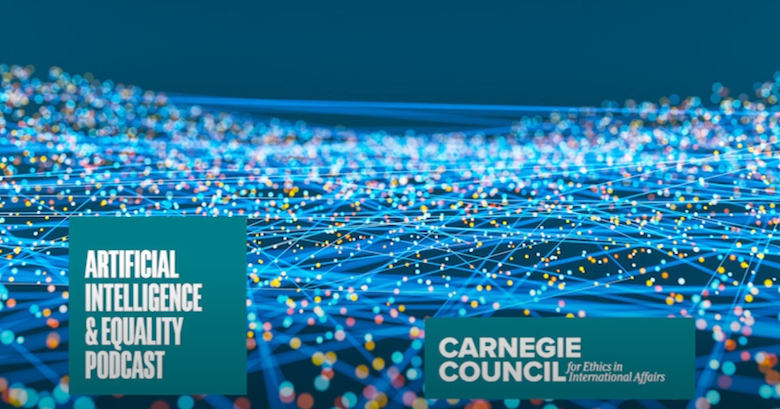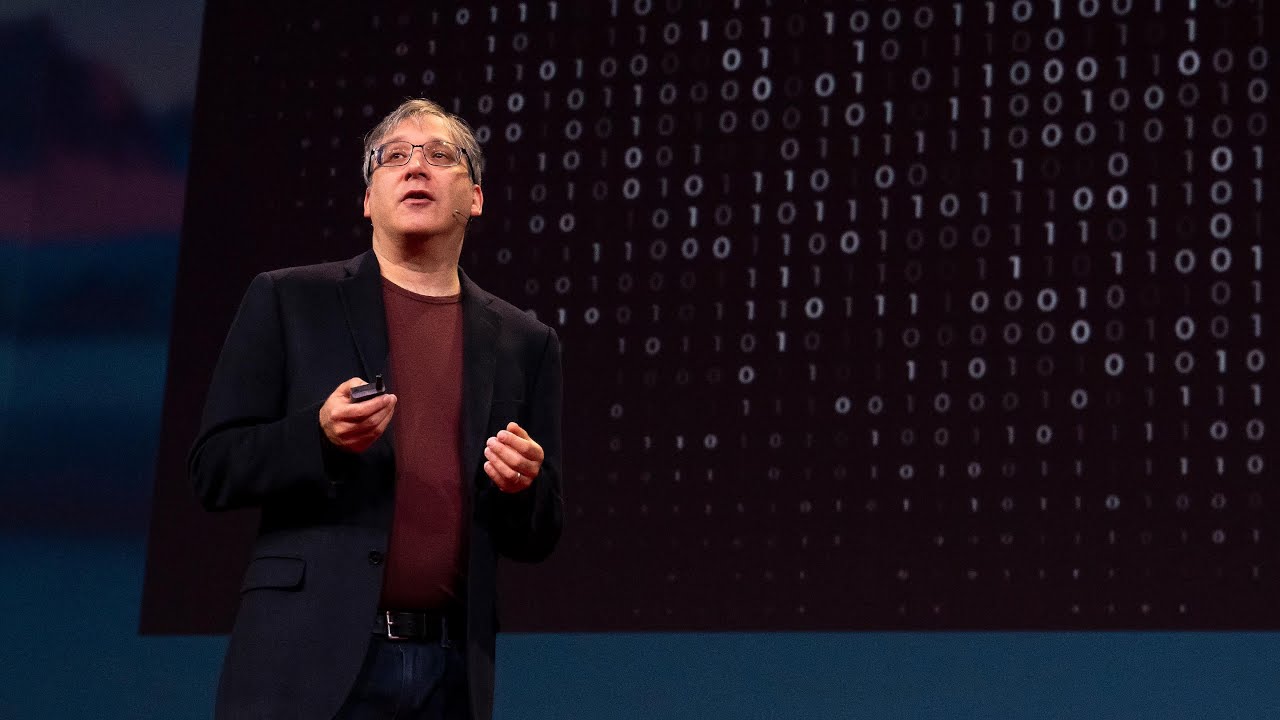Stanford Institute for Human-Centered Artificial Intelligence (HAI) Conference on AI Ethics, Policy, and Governance
The HAI’s fall conference on October 28-29, 2019 at Stanford University is a significant event that brought together a diverse group of experts from academia, industry, civil society, and government. The goal was to address the multifaceted impact of artificial intelligence on society and humanity. This event was a melting pot of ideas, showcasing the latest research, case studies, and best practices in AI ethics, policy, and governance.
Key Discussion Points
- Corporate Ethical Frameworks: Examination of the ethical frameworks and structures companies are adopting to navigate the complex landscape of AI technology.
- Cultural and Policy Divergence: Exploration of how cultural and policy approaches to AI safety vary globally and the implications of these differences.
- Governmental Strategies: Discussion on how governments are structuring their initiatives to leverage AI for societal good.
- Policymaking Metrics: Analysis of essential metrics for tracking and predicting AI development for informed policymaking.
- AI and International Security: Insight into AI’s potential impacts on international security and global stability.
- AI and Civil Society: Exploration of AI’s interaction with civil society and its broader societal implications.
- Racial Equity in Technology: Strategies to ensure that emerging technologies do not worsen racial inequities.
Questions Addressed
- What frameworks and structures are companies putting in place to address ethical challenges?
- How do cultural and policy approaches to AI safety vary across borders?
- How are governments organizing to harness the benefits of AI for societal benefit?
- Which metrics are critical to accurately tracking and forecasting the development of AI for policymaking?
- How will AI affect international security?
- What is the interplay between AI and civil society?
- How can we ensure that emerging technologies do not exacerbate racial inequity?
Keynote Speakers
- Joy Buolamwini: Renowned for her research on algorithmic bias, particularly in facial recognition technologies.
- Ken Denman: Entrepreneur and venture partner known for his insights into AI’s commercial and ethical dimensions.
- Stephanie Dinkins: Artist and academic focused on AI’s societal impacts, especially regarding race and aging.
- Reid Hoffman: LinkedIn co-founder and influential figure in the tech industry with a keen interest in AI’s future.
- DJ Patil: Former U.S. Chief Data Scientist, widely respected for his work in data science and policy.
- Marietje Schaake: International policy leader on technology and democracy, advocating for governance and accountability in tech.
- Eric Schmidt: Former Google CEO and tech visionary, with a profound interest in AI’s trajectory and governance.
- Ge Wang: Innovator and scholar at the intersection of technology, music, and culture, examining AI’s creative potential.
Conference Objectives
This conference aims to build a global community committed to ensuring AI’s ethical development and deployment. By fostering dialogue among key stakeholders, the event seeks to illuminate pathways to harness AI’s potential responsibly and equitably. Participants will leave with a deeper understanding of the critical challenges at the intersection of AI and society, equipped with insights and strategies to navigate this rapidly evolving field.





